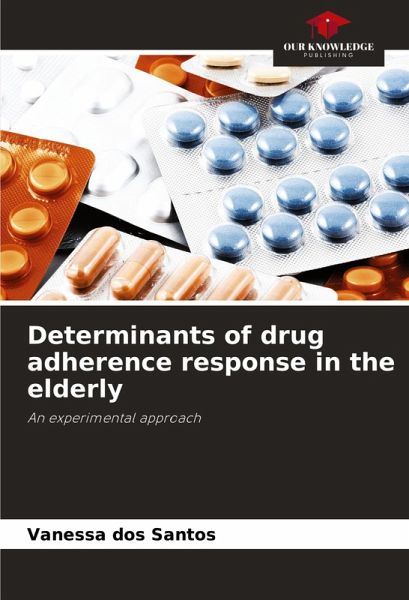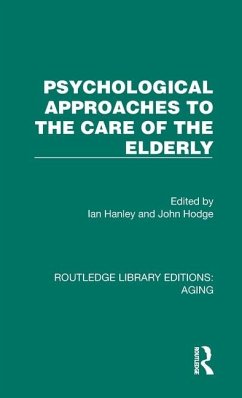
Determinants of drug adherence response in the elderly
An experimental approach
Versandkostenfrei!
Versandfertig in 6-10 Tagen
33,99 €
inkl. MwSt.

PAYBACK Punkte
17 °P sammeln!
This study sought to understand how the elderly, in their daily lives, adopt behaviors that may lead them to (not) take their prescribed medication. An experimental task was used to scenarioize a clinical diagnosis called "heart disease", combining different levels of factors determining adherence behaviour: "severity of the clinical condition", "cost of the medication", "trust in the clinician" and "complexity of the regimen". Participants were asked to rate the degree of adherence to medication that the patient should display in each combination of factors. The sample comprised a total of 72...
This study sought to understand how the elderly, in their daily lives, adopt behaviors that may lead them to (not) take their prescribed medication. An experimental task was used to scenarioize a clinical diagnosis called "heart disease", combining different levels of factors determining adherence behaviour: "severity of the clinical condition", "cost of the medication", "trust in the clinician" and "complexity of the regimen". Participants were asked to rate the degree of adherence to medication that the patient should display in each combination of factors. The sample comprised a total of 72 elderly volunteers, selected on a non-probabilistic basis, screened for dementia and depression. Repeated measures ANOVAs were used to analyze the data. The results found in the study allow health professionals and informal caregivers to be aware of the factors that influence the elderly's adherence to medication and allow professionals to create personalized protocols that make it possibleto increase adherence to medication prescriptions.














